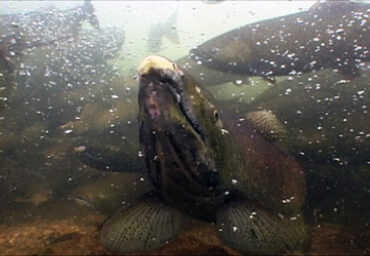-
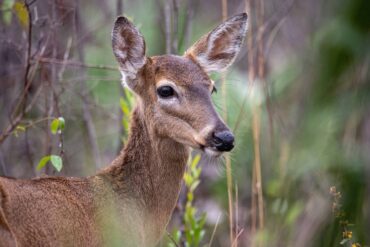
Where Northeast Ohio’s wildlife spends the winter
-During the winter season, native species have three options: hibernate, migrate or stick it out. Warmer winter seasons may not immediately impact wildlife, but naturalists have concerns about long-term effects.
01 -
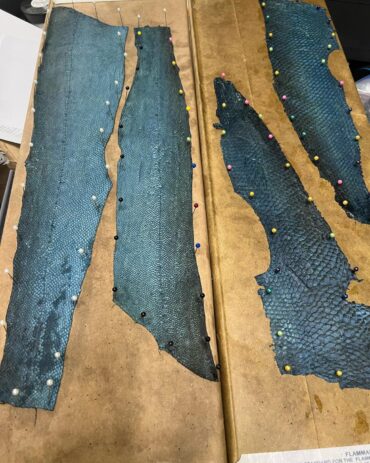 Books, Authors, Art and MusicDuluthFeature HomepageFish, Birds and AnimalsFoodHistory and CultureIndigenous CommunitiesLake SuperiorLatest NewsMinnesotaNewsOntarioRecreation and TourismScience, Technology, ResearchWisconsin
Books, Authors, Art and MusicDuluthFeature HomepageFish, Birds and AnimalsFoodHistory and CultureIndigenous CommunitiesLake SuperiorLatest NewsMinnesotaNewsOntarioRecreation and TourismScience, Technology, ResearchWisconsinTwenty companies pledge to use all parts of Great Lakes fish by 2025
-Fish-leather purses and wallets may make their way into Great Lakes fashion with an initiative to use 100% of commercially caught fish by 2025.
-
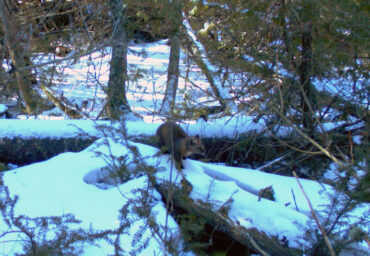
For the first time in a century, martens have been spotted on Lake Superior’s Madeline Island
-The discovery indicates a positive trend for the recovery of Wisconsin’s only state endangered mammal.
-
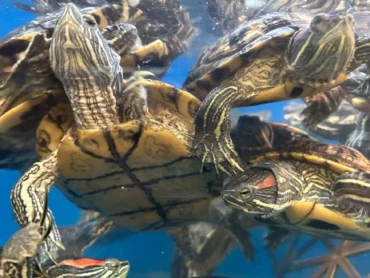 Feature HomepageFish, Birds and AnimalsHistory and CultureLatest NewsNewsScience, Technology, Research
Feature HomepageFish, Birds and AnimalsHistory and CultureLatest NewsNewsScience, Technology, ResearchPoints North: The turtle takeover
-Red-eared sliders are one of the most common pet turtle species in the world. They can grow to the size of dinner plates and live around 40 years. Because of that, people often release them. That causes a big problem.
-
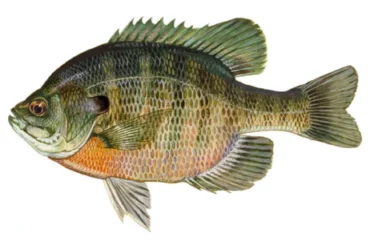
Points North: The prince fish
-In October 1960, Prince Akihito of Japan visited Chicago for 21 hours. Chicago’s mayor presented the prince with a diplomatic gift: 18 bluegill. What happened next would change the underwater world of Japan forever.
-
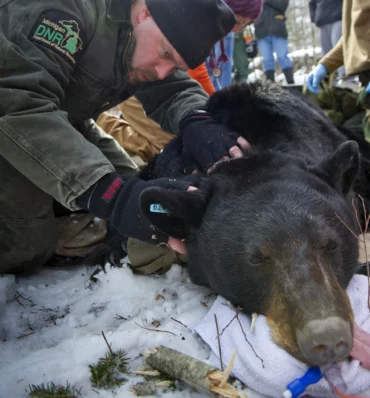 CollaborationFeature HomepageFish, Birds and AnimalsLatest NewsMichiganNewsScience, Technology, Research
CollaborationFeature HomepageFish, Birds and AnimalsLatest NewsMichiganNewsScience, Technology, ResearchSee a bear den? The Michigan DNR wants to know about it
-Michigan Department of Natural Resources asks the public to notify the agency if they spot a black bear den. It’s part of a program to place orphaned cubs with a mother bear.


